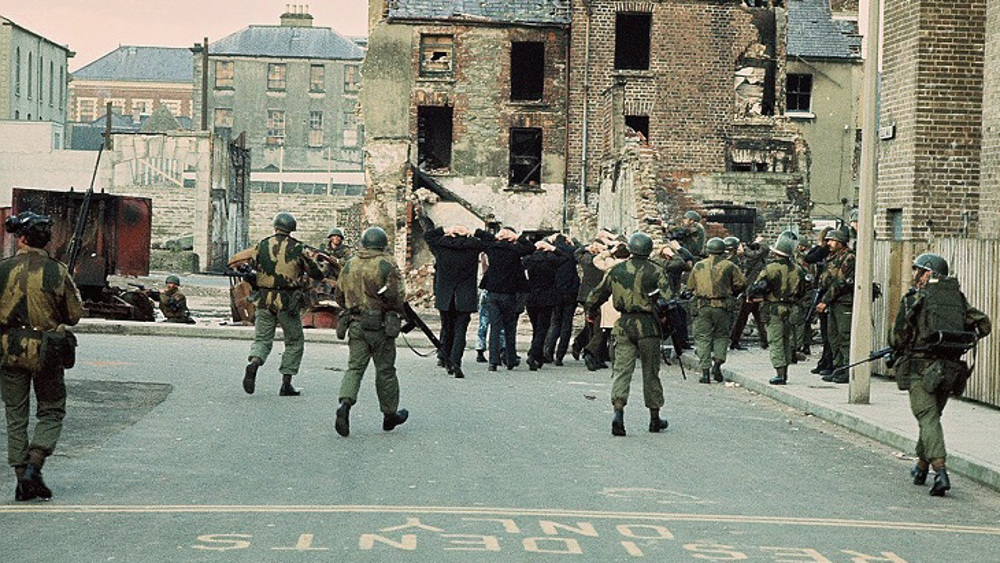Daily Telegraph raises specter of Scottish ‘Troubles’
The advent of the Alba Party has been greeted by a mixture of alarm and confusion by the British establishment, which is fearful of diversification and growing innovation at the heart of Scottish nationalism.
The Daily Telegraph (March 30) has given full expression to these fears by running an article with the incendiary headline: We are hurtling towards a Scottish Troubles.
The author, Jamie Blackett, is a pro-British Scottish author and columnist, whose writings appear in right-wing publications such as the Daily Telegraph and the Spectator.
Blackett is also a part-time politician, as demonstrated by his role as the deputy leader of the pro-British All For Unity Party founded by the maverick politician, George Galloway.
The crux of Blackett’s argument is that Scottish nationalists are being insidiously drawn toward some of the tactics used by Irish Republicans in their decades-long struggle against British occupation and imperialism.
The British establishment refers to the low-level War in Northern Ireland from the late 1960s to 1998 as the “Troubles”.
To be fair, Blackett does not argue Scottish nationalists are about to take up arms against the British state. His argumentation is more subtle, insinuating that “peaceful street protests” could escalate over time into something more serious.
Like most Unionists in Scotland, Blackett is alarmed by the rise of the Alba Party, which looks set to shake up the pro-independence camp with a view to breaking the political and constitutional deadlock on a second independence referendum (popularly referred to as Indyref2).
While the larger and better established Scottish National Party (SNP) can apply pressure from the top - by managing the seemingly endless constitutional haggling with the ruling Tories in London – the Alba Party can apply pressure from the bottom in the form of street protests and civil disobedience.
Blackett demonstrates deep understanding of the Scottish political landscape by conceding that Alba will “fight alongside the SNP”, as opposed to undermining it as some in the higher reaches of the latter party fear.
What is not so clear in Blackett’s article is what exactly well-positioned Unionists like himself are going to do to meet the challenge from the more robust – and potentially militant – wing of Scottish nationalists.
And of course what Blackett is loath to admit is that ultimately – if the situation becomes genuinely tense – the Unionist camp has no option but to rely on the repressive power of the state to contain what appears for now to be an inexorable drive for Scottish statehood.
Israel indicts two settlers over suspected spying for Hezbollah
Iran: US airstrikes on Yemen war crimes, violation of international law
Yemeni armed forces down F-18 fighter jet, repel US-UK attack: Spokesman
Iran warns against US-Israeli plot to weaken Muslims, dominate region
VIDEO | Public uproar in US against Israeli regime
‘Ghost town’: 70% of Jabalia buildings destroyed by Israel
Mother’s Day: Sareh Javanmardi’s inspiring journey as Paralympic champion and mother
Russia downs over 40 Ukrainian drones as Putin vows 'destruction' on Kiev










 This makes it easy to access the Press TV website
This makes it easy to access the Press TV website